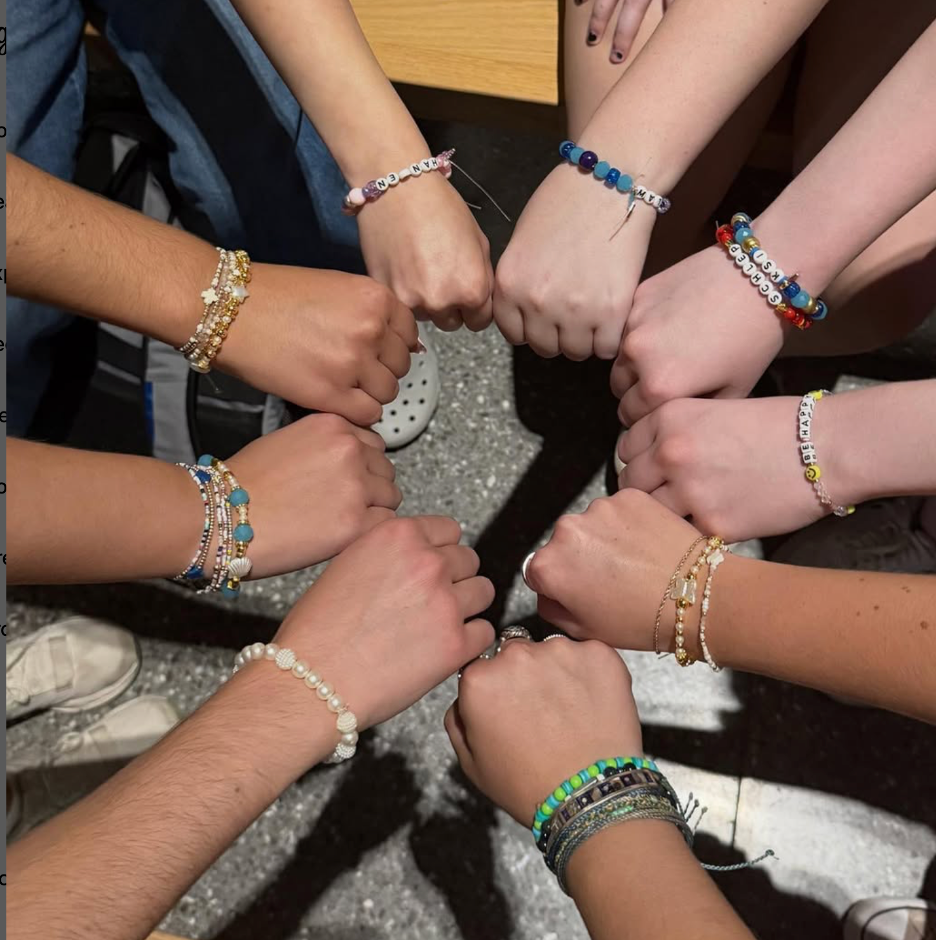“I’m in my second year of college and I feel like I’m wasting my time. How do I change my mindset?”
I think it’s safe to say that every college student has felt that way at least once. You’re paying thousands of dollars every semester for results that aren’t even tangible until you graduate. That’s a pretty hard problem to diagnose. It could be for a variety of reasons, but here are a few common ones: wrong major, the wrong career path, too many general education courses all at once or not being involved in any campus activities. If you can narrow it down to why you feel like you’re wasting time, that’ll make it easier to move beyond that feeling.
Your adviser is a great starting place for these questions. When you go to them though, you can’t dance around the bush on what your problem is. Tell them exactly what you’re concerned about. They can talk you through your concerns and help you get to the root of the problem.
If you want a more personal opinion, talk to someone in the field you’re in for better insights. Reach out to people who have the job that you want someday, and ask them if you need it. A lot of people in a lot of fields would love to mentor a lost college student. You just have to ask.
If you’re doing all this, but you still feel like it adds up to nothing, make a resumé. Every time you feel like you’re not accomplishing anything, you literally have a list of things you’ve accomplished since you’ve been here. Plus, it’s good idea to always have one ready to go.
“My roommate told me that he’s gay, but he’s afraid to come out to his friends and family. What can I do to help him?”
There is no one-size-fits-all answer to how to support a friend coming out. One of the best things you can do is just ask them. It’s uncomfortable and scary to ask someone how you can best help them, but that’s the only way to know for sure. There are some general “rules” (or courtesies) that you can follow to make the process easier. Full disclosure: I had to ask for help with these.
“Don’t push for them to come out sooner than they feel safe doing. […] Don’t out them to others, don’t push for them to tell other friends” said Meg Fischer, a freshman Psychology major.
Meg said that the process of coming out is something a person has to be ready for. You have to let them handle it how they want to. It might be tempting to think, “It’ll be easier if I do it for them,” but whoever you’re trying to help through this process probably knows themselves better than you do.
Another of Meg’s suggestions is to let them be the first to joke about it. We all like to poke fun at our friends, but immediately after coming out might not be the best time. It’s hard to gauge someone’s comfort with their own sexuality. Simply put, you don’t know how hard or easy the process has been for them. If someone is comfortable with their sexuality being joked about, let them be the first to show it. Don’t ask them if you can make jokes about it. Don’t make jokes anyways.
Most of all, don’t make jokes behind their back. For one, you never know who is listening and when and two, that’s just rude. If something slips out, apologize for it. It doesn’t matter if what you said was intentional or not; the impact of your words matters as much, if not more, than the intent behind them. Simply apologize and don’t say it again. Make a conscious effort to not say or do whatever offensive thing you said or did again.
Chill with calling things gay. There are two issues with calling things gay. First, how are you going to assume the sexuality of a non-human thing, whether it be a party, a cup or an action? That’s just a common sense and semantics issue. Second, when you call something gay, odds are that you’re saying that you don’t like whatever you’re talking about, or you think it’s pathetic. Hence, you’re implying that being gay is bad or pathetic.
Along those same lines, don’t use slurs. You know what they are, and you shouldn’t have been doing it before your friend came out, but now it’s even more important. Don’t say it at all. Not even if it’s in a song, not even if you’re quoting someone. It’s offensive no matter the context, and trying to search for contexts in which it isn’t offensive is, in itself, offensive because you’re looking for an excuse to say it.
If you are really looking for more specific ways to be supportive, consider Ally training. Clemson offers it through the Gantt Center and you can find more information about it at this link here.
Categories:
Tiger advice column
Akim Koutsioukis, Asst. TimeOut Editor
February 3, 2020
0
Donate to The Tiger
Your donation will support the student journalists of Clemson University. Your contribution will allow us to purchase equipment and cover our annual website hosting costs.
More to Discover









